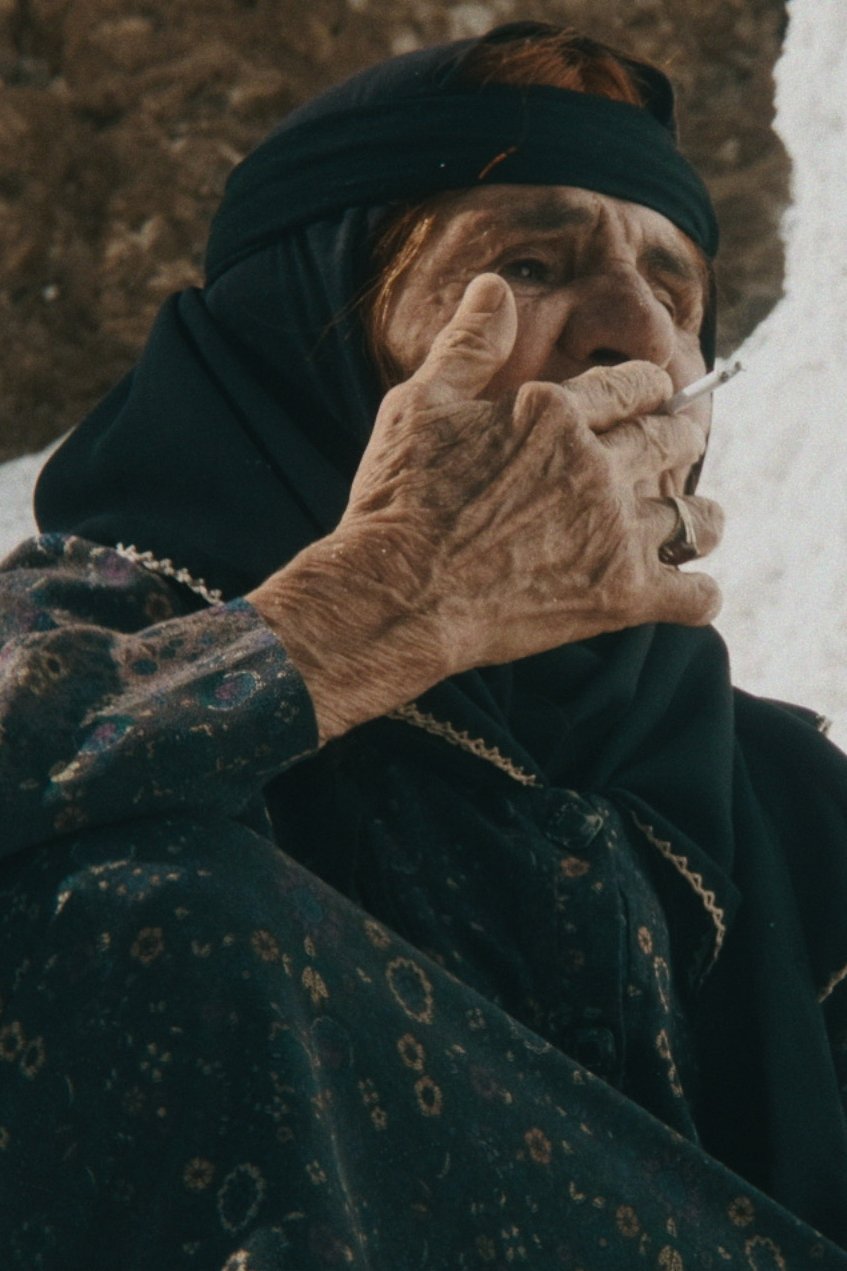
In the suffocating heat of a remote salt mine, six elderly women work seasonally, their hands and faces weathered by years of labour, their resolve unshaken.
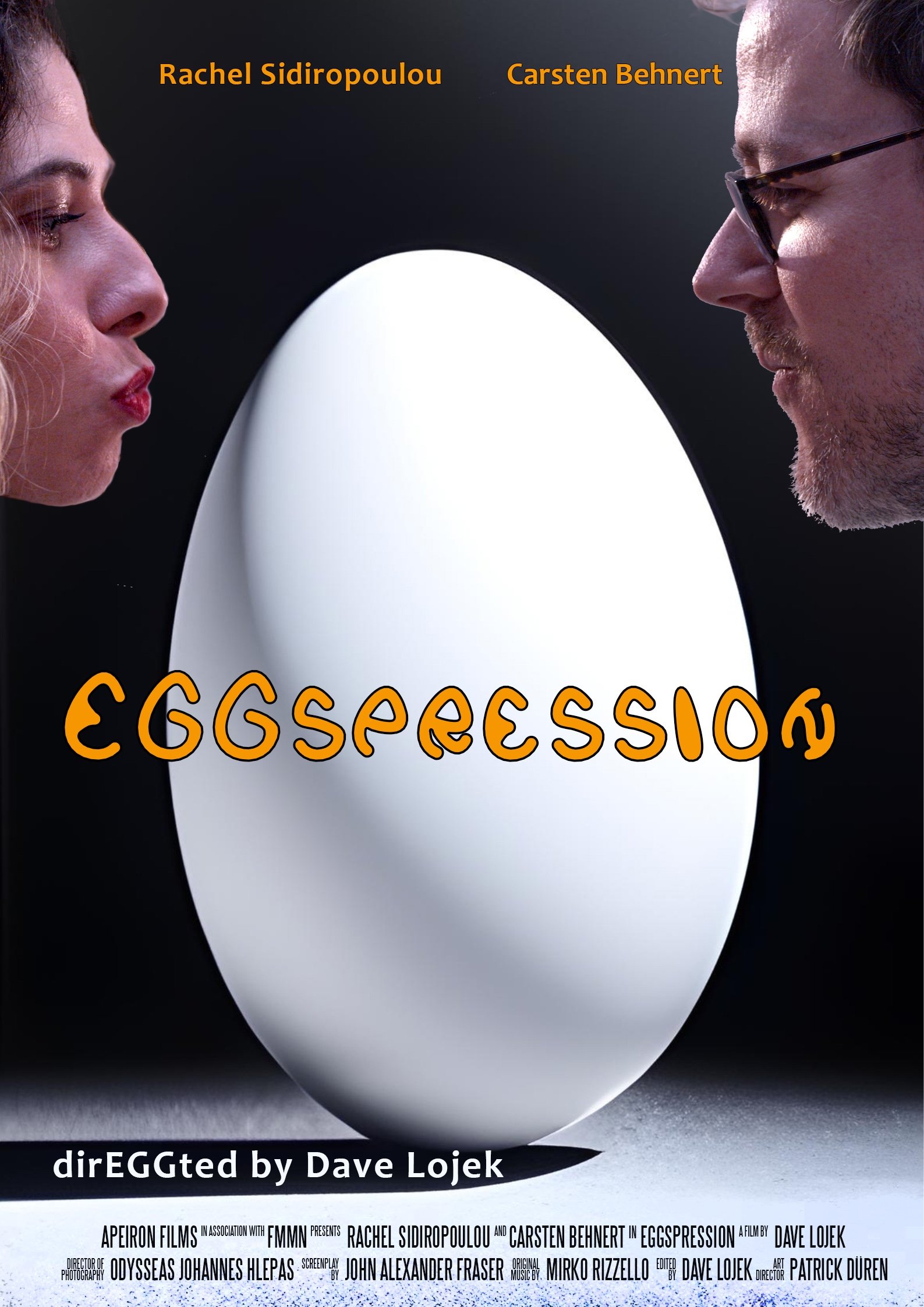
Egglantine loves salt on her eggs. Eggbert prefers pepper. Who blinks first in this playful Easter ritual?

"River of Hope" tells the story of how a former slave Mary Barnes Cabell and her children helped found the first college for African Americans in West Virginia. Based on true events.
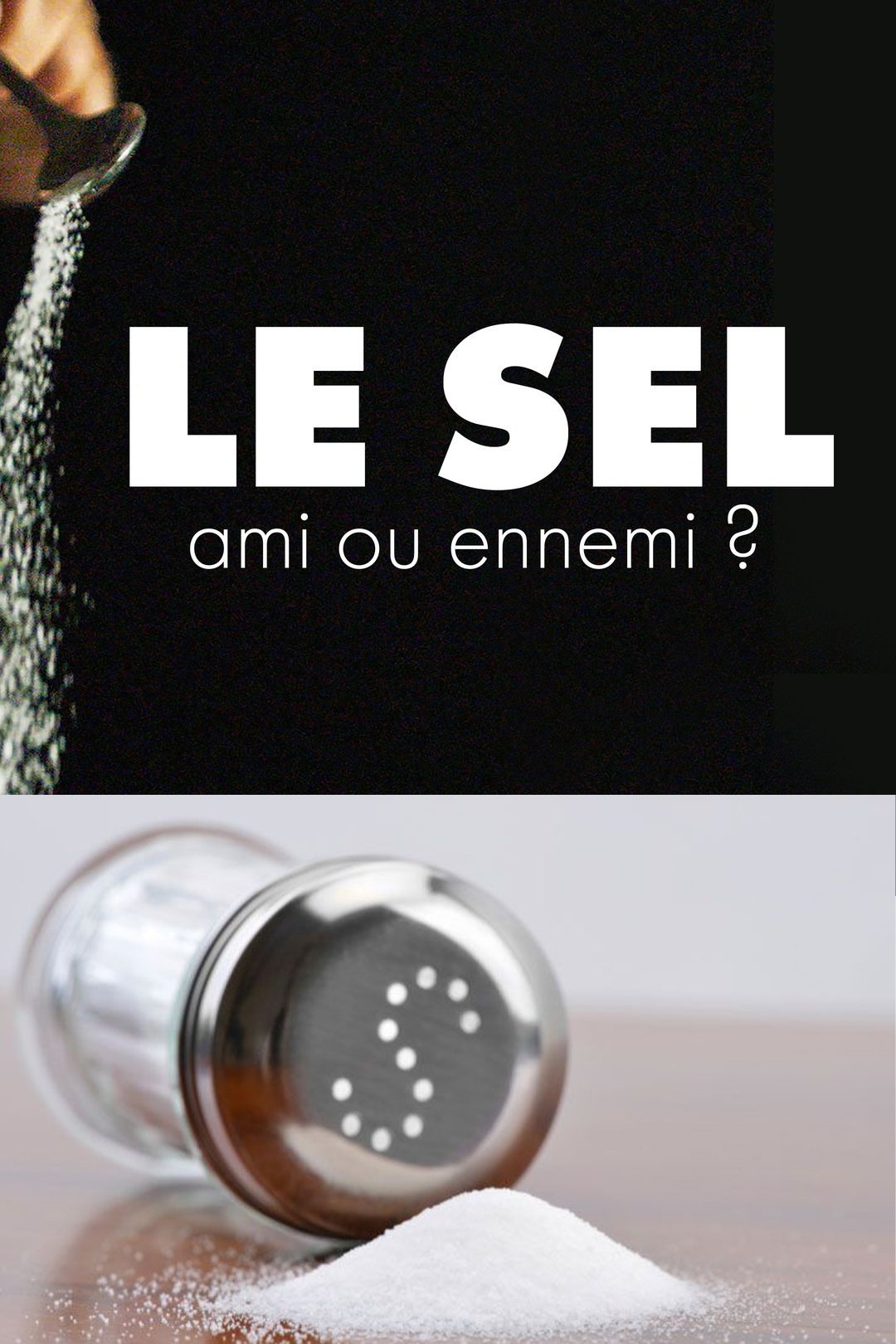
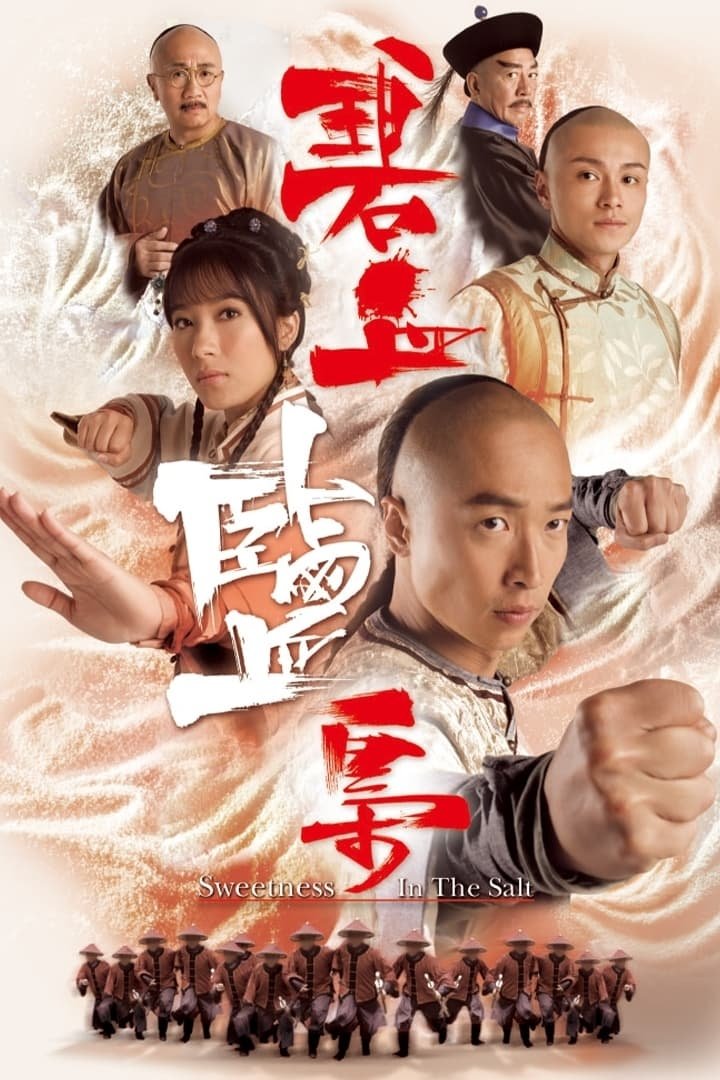
NIP CHI YUEN (Ma Steven), who works in the anti-smuggling camp, is determined to wipe out the Tau’s Fort, which is the stronghold for salt smugglers. He pretends to be a down-and-out scholar. TAU SING SUET (Yeung Yi), daughter of the chief smuggler, sympathizes with YUEN and puts him up in the village. Later, they even become fond of each other. During an anti-smuggling operation SUET is badly hurt and has since been separated from YUEN and her family. Fortunately she is saved by WU TING HIN (Wong Ho Yin), son of salt merchant WU KIN (Kwok Fung). HIN takes her home. One day, SUET is horrified to see the dead bodies of her parent being hung on the wall of the city tower, and that the official standing on the top of the tower telling the public not to sell smuggled salt is none other than the man she misses day and night. She is heartbroken, and her love for YUEN turns into hatred that moment on...
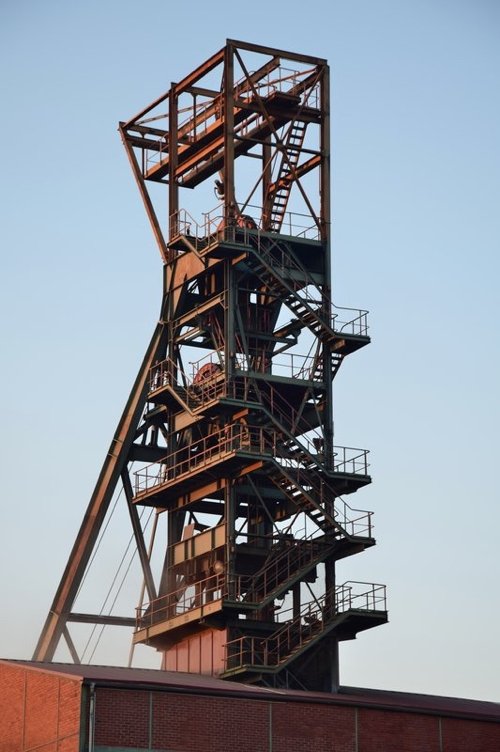
In 1990, when Bischofferode entered the market economy, potash production in East Germany was in third place in the world's export ranking and in West Germany in fourth place. Bischofferöder Kalisalz is of a special quality and the plant therefore had loyal customers in Western Europe, especially in Scandinavia, even before the fall of the Wall. In the West, there is a major competitor - BASF subsidiary Kali und Salz AG from Kassel. The film reconstructs the mega-deal in one of the world's most important raw materials markets. The so-called potash merger was the biggest economic deal of German reunification, which has cost the taxpayer almost two billion euros to date. The Free State of Thuringia - the federal state with the best potash deposits in Germany - is still the big loser of the mega-deal today. Thuringia may be rich, but it loses almost all its potash mines, along with Bischofferode, and now has to spend millions of euros each year to rehabilitate and secure its mines.

A determined young woman and a damaged occultist risk their lives and souls to perform a dangerous ritual that will grant them what they want.
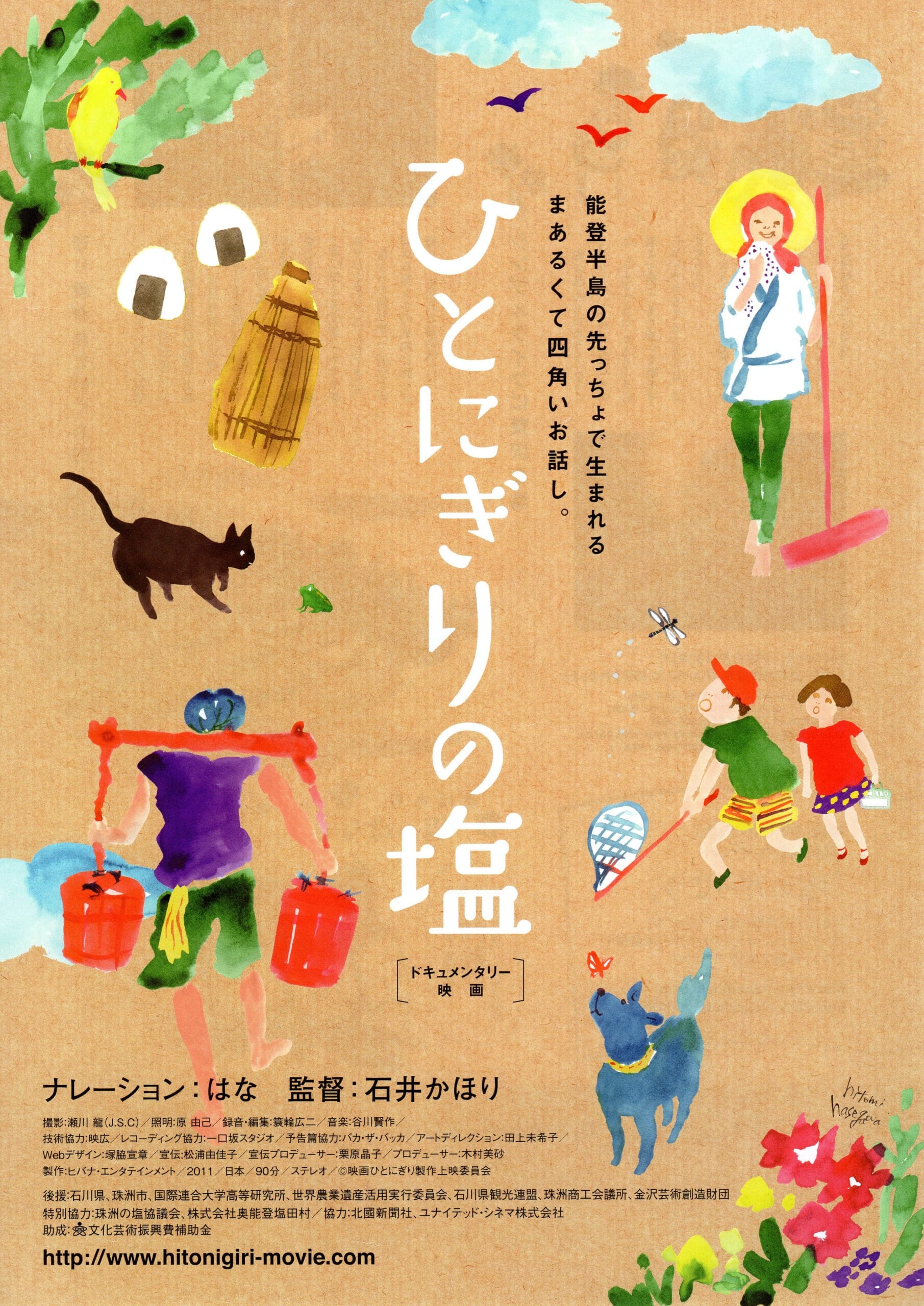
A documentary that focuses on the craftspeople who continue to make salt with a technique called Agehama-shiki that has been passed down since ancient times, and the lush natural environment of the northernmost tip of the Noto Peninsula in Ishikawa Prefecture. It is also the feature-length debut of director Ishii Kaori. The process of making salt by collecting sea water and boiling it in a hiragama cauldron temporarily died out during the period of Japan's rapid economic growth following World War II, but one family's efforts to keep it alive has miraculously ensured its continuation. Salt is a vital element of people's lives. The saltmaking artisans who perpetuate their traditions represent a way forward for those of us living in this modern age.
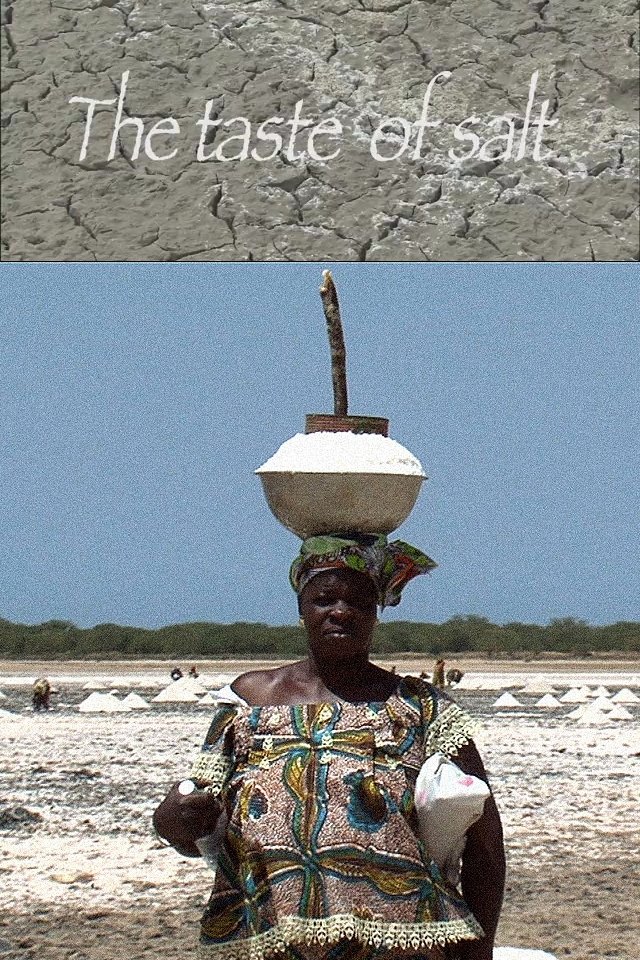
At Ngay Ngay, a village in northern Senegal, there are real natural evaporative basins in which depending on the year large or small quantities of sea salt dry out. Located 15 kilometres from Saint-Louis, the village is living around a complex community organisation: men divide the salt fields into plots, and women are those who harvest. In the end, the men receive a share of the crop, while women are those who took great pains over the harvesting.
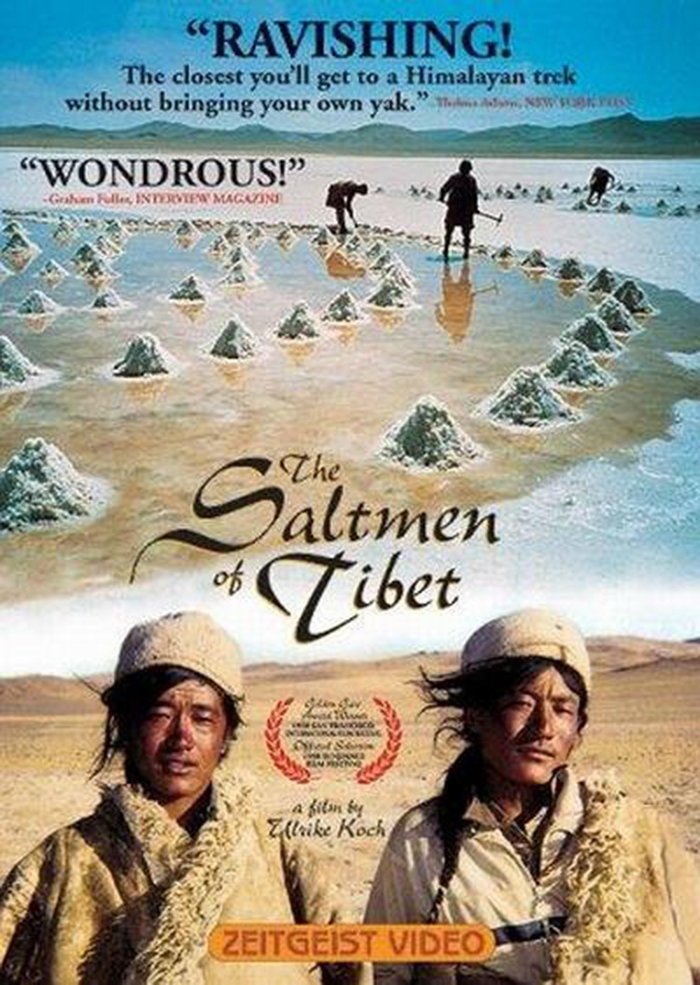
Four men from a nomadic Tibetan tribe undertake their annual, ritualistic pilgrimage to a sacred salt lake. Salt gathered in this traditional fashion will be sold to provide the economic livelihood of the tribe for the coming year. The journey, necessary for the group's survival, also incorporates a number of rituals necessary for their culture to survive in the modern world.
By browsing this website, you accept our cookies policy.